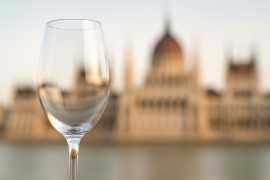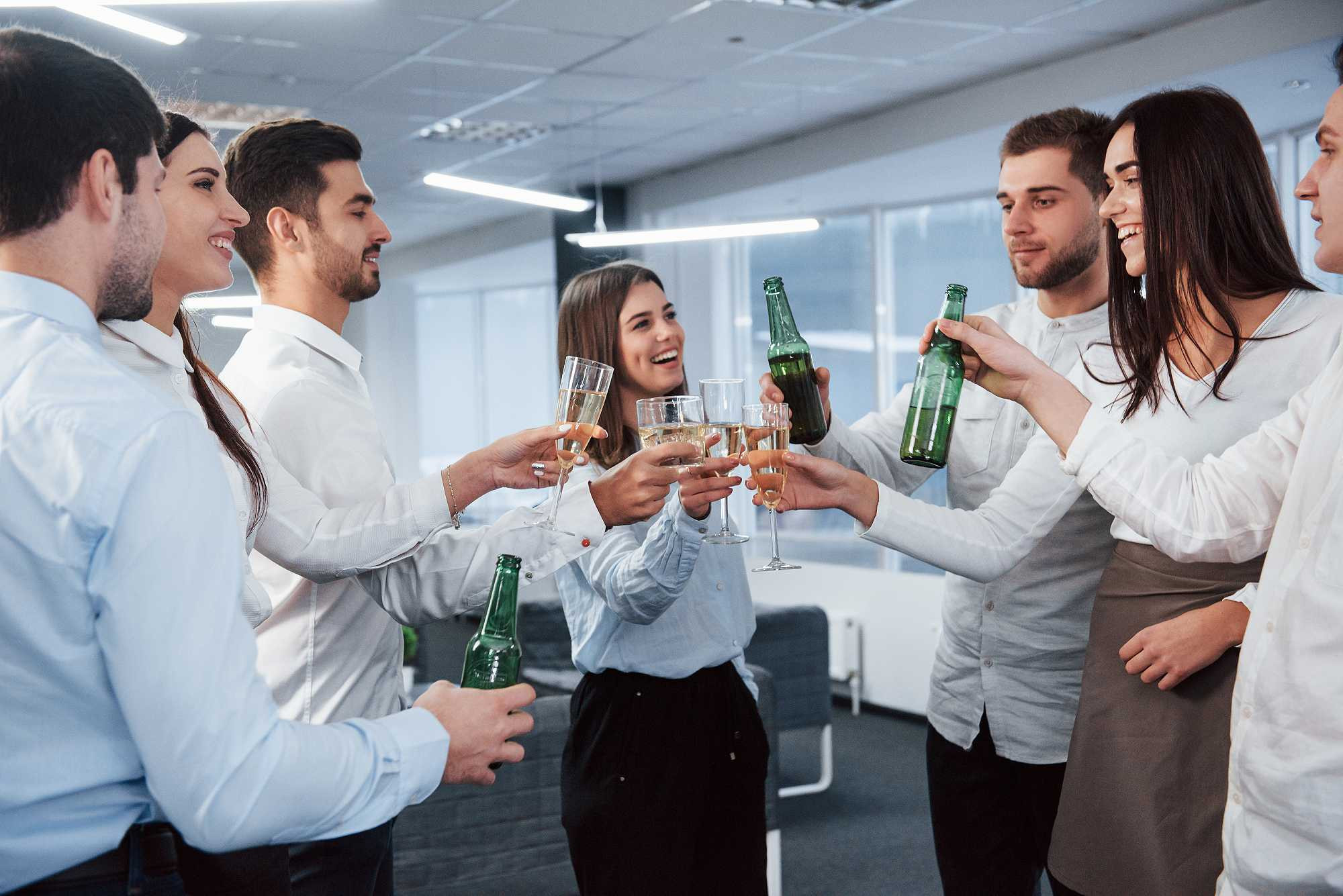Blog Search
In or After Work, Without Alcohol
For decades, alcohol has been part of corporate rituals — Friday drinks, Christmas parties, after-works, team building.
But as in many other social spaces, the quiet minority who never truly enjoyed that part is finally speaking up.
The question is no longer “why not have a drink to shake off the stress?” — it’s becoming “how can we connect more authentically with each other?”
And that concern is both real and timely.
As workplaces become more intergenerationally dense, age gaps come with cultural gaps. Add to that the growing presence of colleagues from different parts of the world, and the rise of work-from-home policies that often increase isolation rather than integration — and you have a perfect storm demanding policies that strengthen inclusion.
Looking to the UK as a reference for Hungary
The United Kingdom is often considered one of Europe’s most alcohol-heavy cultures — but it is quickly adapting. According to WHO data, Hungary consumed around 12.1 litres of pure alcohol per adult in 2010, dropping to about 11.4 litres by 2016, while the UK sits at roughly 9.8 litres.
(Sources: WHO country data; CIA World Factbook)
So yes — Hungary drinks alcohol, but almost as much as the UK.
The “we drink too much to change” argument no longer holds, especially when those who once drank more are now leading the shift.
Let’s look at what they’re doing.
Rethinking how we socialize
Companies in the UK face the same challenge of integration as any other — and they are rethinking what it means to socialize responsibly.
Workplaces such as Carnivore Club and Battlbox have shifted towards alcohol-free social events and office cultures, reflecting a broader change in professional norms.
(onlinebusinessstartup.co.uk)
And the broader data backs this up.
According to a new international report from the International Alliance for Responsible Drinking (IARD):
“Over a quarter of business leaders (28 %) think that social events that accommodate employees who choose not to drink alcohol are important to create a positive work culture for a multigenerational workforce, but just 21 % have a workplace alcohol policy on responsible consumption.”
(Source: IARD Report, p.17)
This global shift is largely driven by the rise of multigenerational collaboration — younger professionals drinking less, older employees moderating for health reasons, and organizations realizing that real inclusion means accommodating both.
A small change with big impact
So how about introducing a little change at home?
Here’s an idea: keep 0.0 % wines chilled for informal meetings.
If coffee once fueled “coffee-machine-room” ideas, why not alcohol-free wine?
Coffee breaks have limits — time of day, energy levels, even anxiety.
A light, elegant glass of wine can make colleagues stand up, move, talk, reconnect, and socialize.
If your company happens to be from a great wine country, chances are we already have bottles from your favourite regions — elegant, healthy, and safe to open on any Tuesday afternoon.
Wine is part of our culture, and we love it.
Your company culture just doesn’t need the alcohol part.







Leave a comment
Log in to post comments